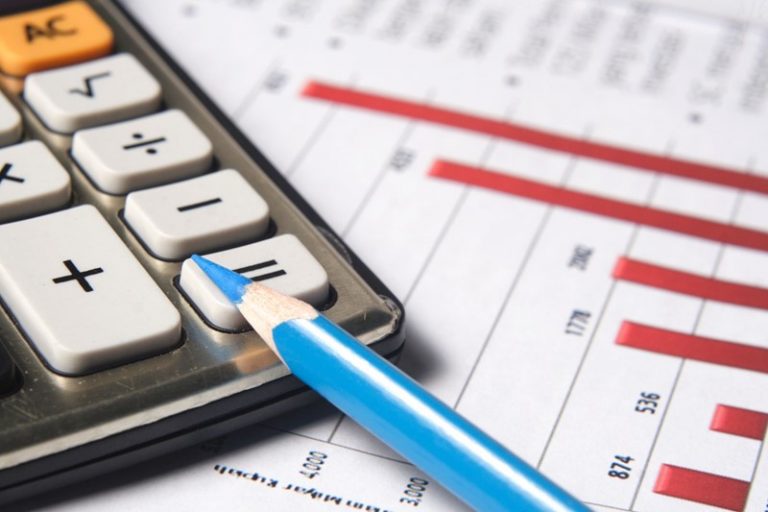Autumn Finance Bill published
The government published the Autumn Finance Bill 2022 on 22 November 2022. The Bill is officially known as Finance Bill 2022-23. The Bill contains the legislation for many of the tax measures announced in the recent Autumn Statement.
The Autumn Finance Bill will be followed by the main Spring Finance Bill 2023 which will be published after the spring Budget and will cover any remaining tax measures needed ahead of April 2023.
Some of the many measures included within the Bill are:
- The Energy Profits Levy (EPL) will increase to 35% (from 25%), effective 1 January 2023. The investment allowance will be reduced from 80% to 29% for qualifying investment expenditure thereby maintaining its existing cash value.
- The Income Tax additional rate threshold will be reduced from £150,000 to £125,140 with effect from 6 April 2023
- The current £2,000 dividend tax-free allowance is to be reduced to £1,000 from April 2023 and to £500 from April 2024.
- Vehicle Excise Duty (VED) will become payable on new electric cars, vans and motorcycles from April 2025 in the same way as it currently applies to petrol and diesel vehicles. This change will apply to new and existing zero emission cars.
- The Income Tax thresholds will be maintained at their current levels for a further two years until April 2028. The higher rate threshold will remain frozen at £37,700 and the personal tax allowance will remain at £12,570 through to April 2028.
- The Research and Development Expenditure Credit (RDEC) rate will increase to 20% (from 13%) with effect from 1 April 2023. From the same date, the small and medium-sized enterprises (SME) additional deduction will decrease from 130% to 86%, and the SME credit rate will decrease from 14.5% to 10%.








